Not everyone is lucky enough to know their great-grandparents or even grandparents, as many of us never even had the chance to meet them. According to a survey commissioned by Ancestry, 1/5 of Americans can’t name their great-grandparents. What’s even worse is that one third can’t name their grandparents. Naturally, one may wonder whether people don’t know this information because they don’t even care about their own lineage. Well, not according to the numbers. 84% of people said it’s important for them to know about family heritage.
With DNA tests growing in popularity within recent years, it has become much easier for curious people to map out their family trees and find out where they come from, although many still rely on gaining information from their eldest living relatives. People ask them for stories, important life events, and other details about those who they never had a chance to meet. Some are lucky enough to get a glimpse of the lives of their great-grandparents by examining the belongs they left behind.
More info: Facebook
Recently, a woman named Maggie Orr Hicks has surprised people by demonstrating how passports from the 1900s actually look like
Recently, Maggie Orr Hicks from Ohio had her great-grandparents’ passports passed down to her. Maggie’s mother, who is suffering from stage four cancer, gave her the important family keepsake. Since the passports were from the 1900s and written in a foreign language, the woman decided to turn to a Facebook group called Girls Love Travel asking for help with the translation.
Maggie was able to find out when and where her great-grandparents were born and where they had traveled during their lifetime. The woman was excited to have the opportunity to share this information with her mother.
17Kviews
Share on FacebookHi I`m german and I can read Sütterlin and I love genealogy. I did a short search for Maria Anna Scharner born on the 15th of November in 1894 in Dordmund, North-Rhine Westphalia and Godefridus Wilhelmus Arnoldus Fransen (that his name in the passport) born on the 18th of March in 1895 in Rotterdam. First I found their marriage entry from the civil marriage index of the netherlands on ancestry. They married on the 4th of April in 1923 in Rotterdam, Zuid-Holland, Netherlands. The bride was Maria Anna Scharner 28 years old, born about 1895 in Dordmund. Her parents were Julius Scharner and Theresia Pöttgen. The groom was Godefridus Wilhelmus Arnoldus Fransen 28 years old born about 1895 in Rotterdam. His father was Arnoldus Fransen and his mother Petronella Adriana Johanna Goverts. The bride was a german citicen. Then I found them both in the familytree of a member of ancestry. It`s an impressive tree and there are 5 more generations back on the grooms side. End Part 1 Then I found
WOW! I really hope that all this information will find its way to Maggie Orr Hicks and her mother ASAP. Well done!
Load More Replies...Part 4 (Final one) With the names, birthdates, birthplaces and the familytree ancestry showed a link to findagrave.com. There is a picture of the gravestone of Frank Fransen born 18.March.1895 died 25.May.1957 and his wife Mary Fransen born 15.November.1894 and died 11.July.1964. They are buried on the Glen Spey Cemetery in Glen Spey, Sullivan County, New York, USA. They emigrated shortly after their marriage on the 15th of April 1923 to New York, USA. Many immigrats changed their names to american versions. I think thats why the names on the gravestone are Frank for Godefridus and Mary for Maria. I hope these informations bring you joy. It`s a lot of names and dates to read. And may you stay as healty as possible. That`s all from me.
Hi I`m german and I can read Sütterlin and I love genealogy. I did a short search for Maria Anna Scharner born on the 15th of November in 1894 in Dordmund, North-Rhine Westphalia and Godefridus Wilhelmus Arnoldus Fransen (that his name in the passport) born on the 18th of March in 1895 in Rotterdam. First I found their marriage entry from the civil marriage index of the netherlands on ancestry. They married on the 4th of April in 1923 in Rotterdam, Zuid-Holland, Netherlands. The bride was Maria Anna Scharner 28 years old, born about 1895 in Dordmund. Her parents were Julius Scharner and Theresia Pöttgen. The groom was Godefridus Wilhelmus Arnoldus Fransen 28 years old born about 1895 in Rotterdam. His father was Arnoldus Fransen and his mother Petronella Adriana Johanna Goverts. The bride was a german citicen. Then I found them both in the familytree of a member of ancestry. It`s an impressive tree and there are 5 more generations back on the grooms side. End Part 1 Then I found
WOW! I really hope that all this information will find its way to Maggie Orr Hicks and her mother ASAP. Well done!
Load More Replies...Part 4 (Final one) With the names, birthdates, birthplaces and the familytree ancestry showed a link to findagrave.com. There is a picture of the gravestone of Frank Fransen born 18.March.1895 died 25.May.1957 and his wife Mary Fransen born 15.November.1894 and died 11.July.1964. They are buried on the Glen Spey Cemetery in Glen Spey, Sullivan County, New York, USA. They emigrated shortly after their marriage on the 15th of April 1923 to New York, USA. Many immigrats changed their names to american versions. I think thats why the names on the gravestone are Frank for Godefridus and Mary for Maria. I hope these informations bring you joy. It`s a lot of names and dates to read. And may you stay as healty as possible. That`s all from me.
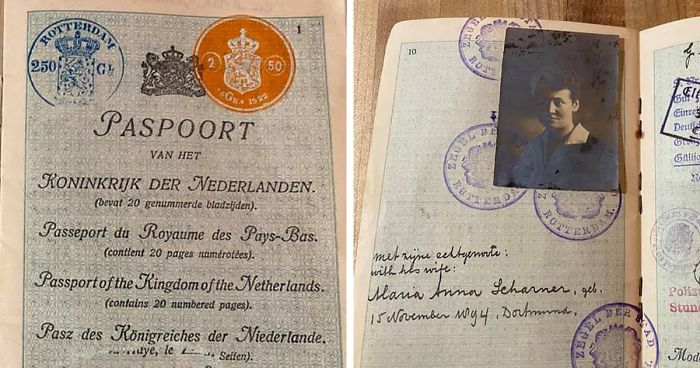
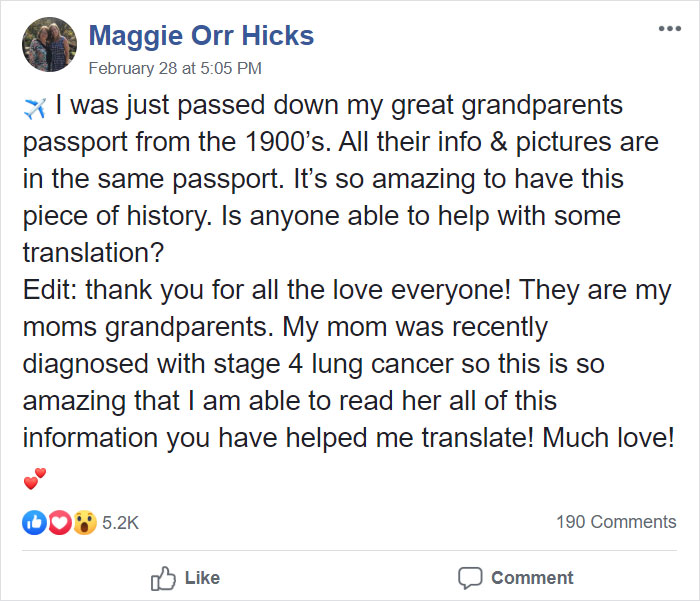
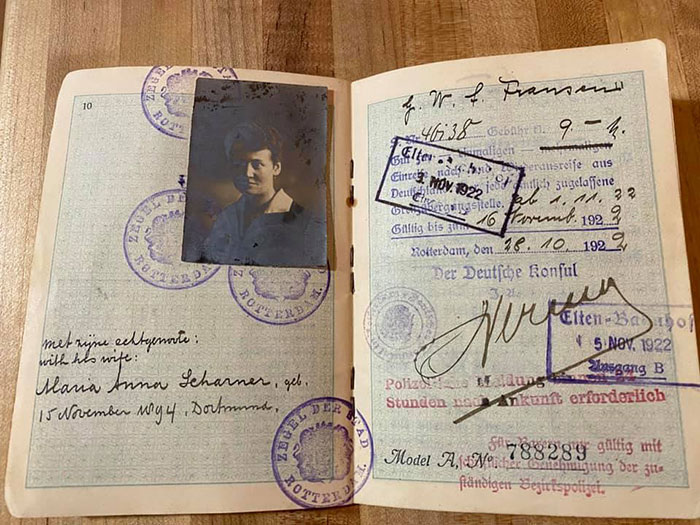




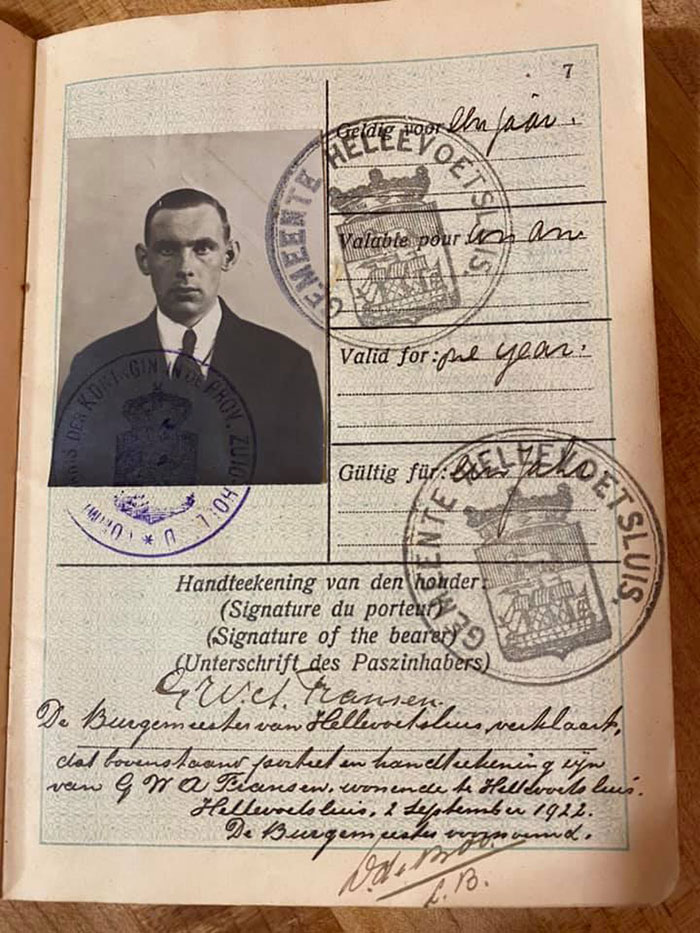
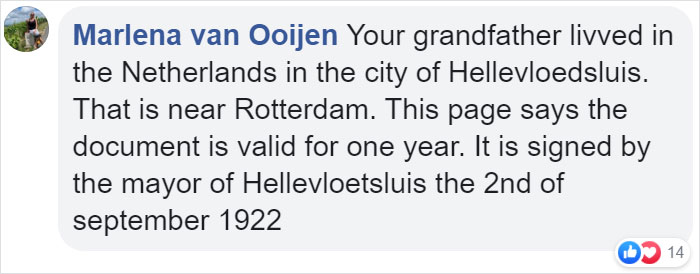
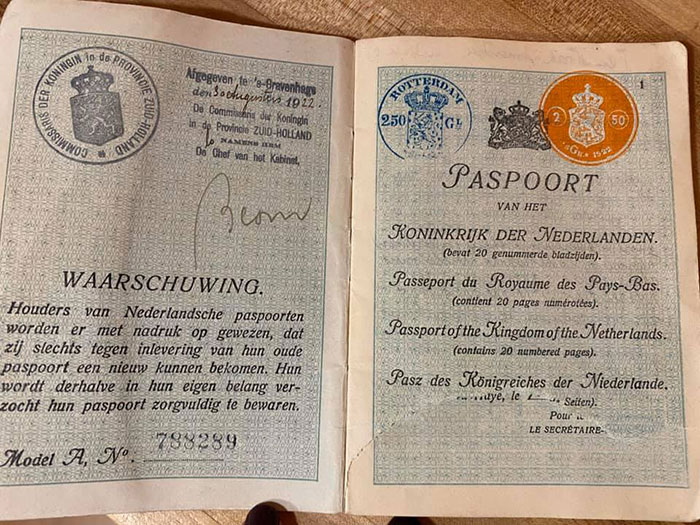

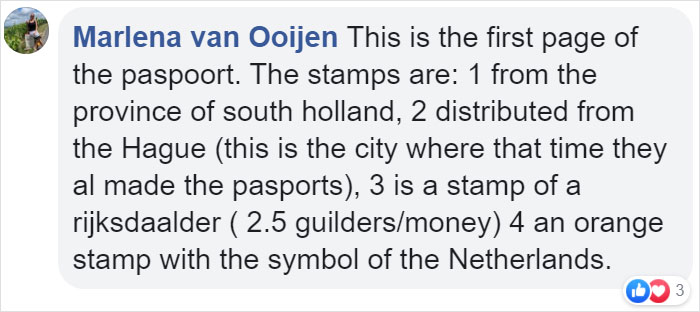
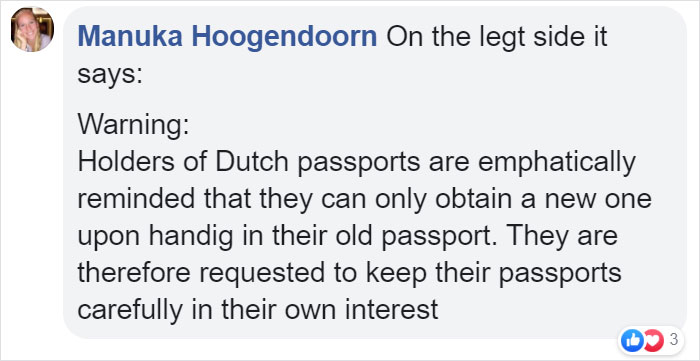
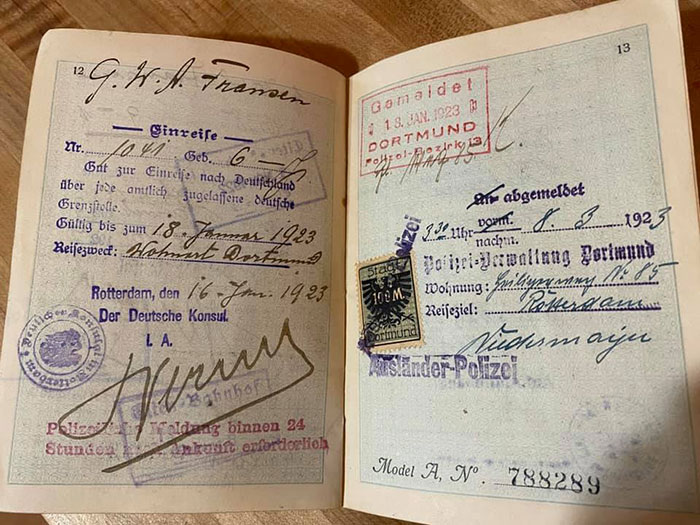
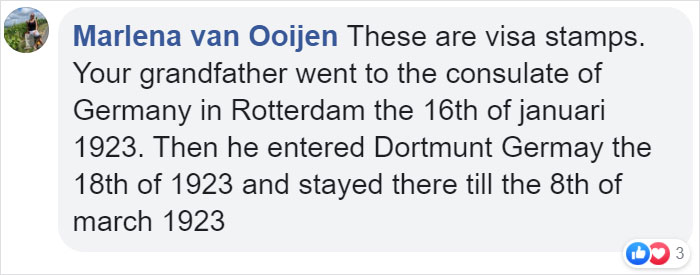
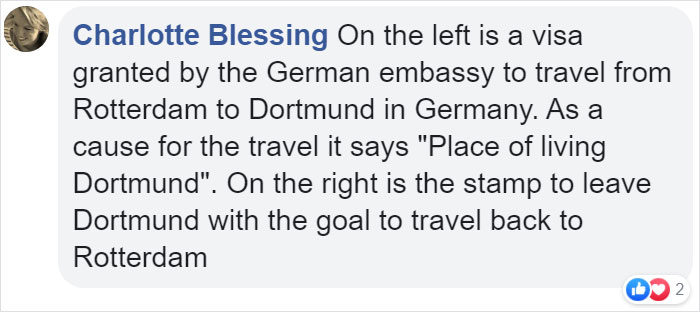
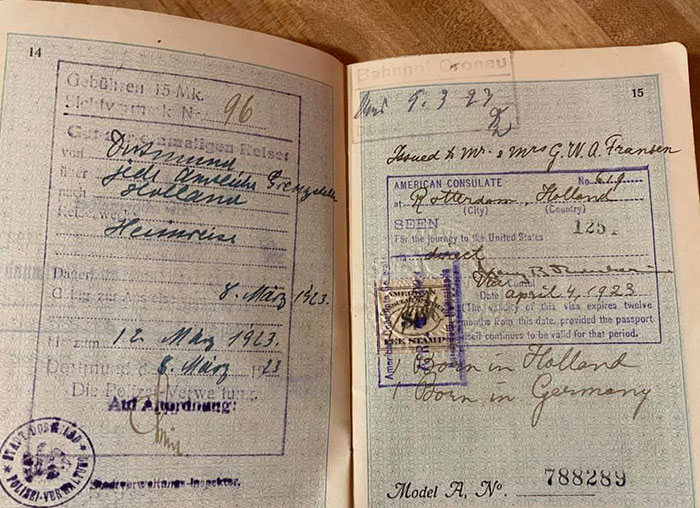
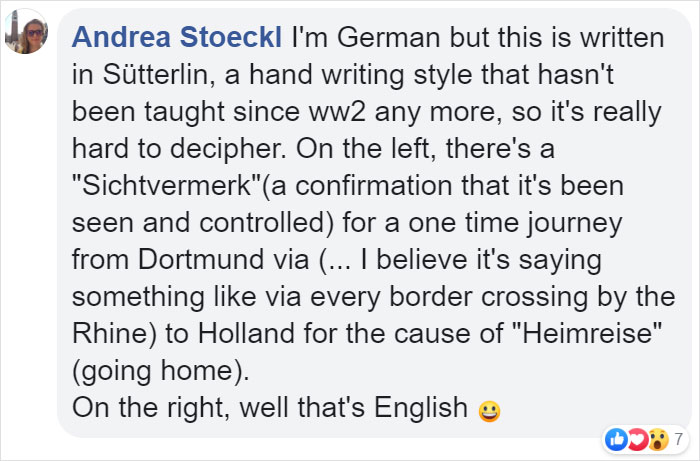
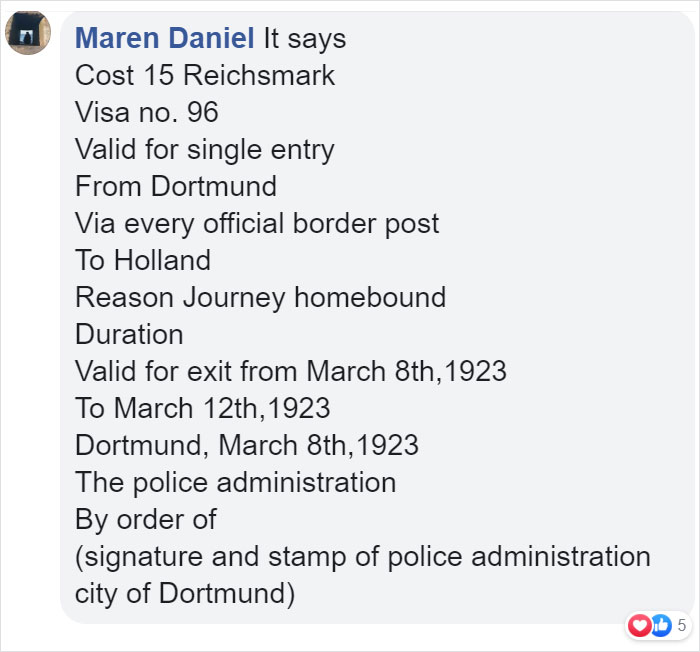
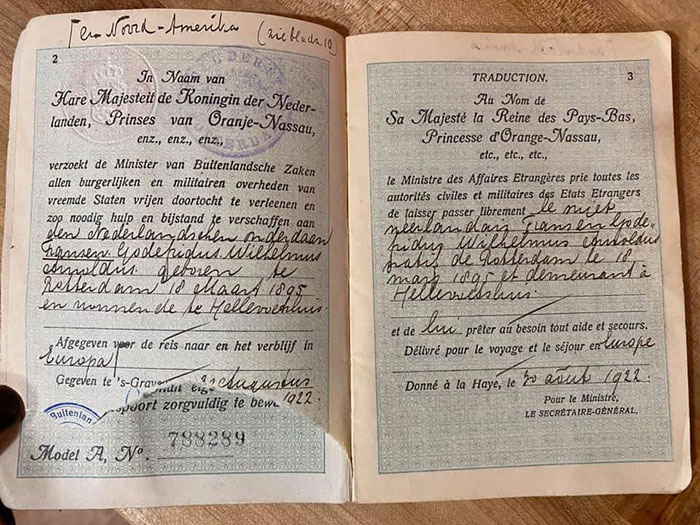
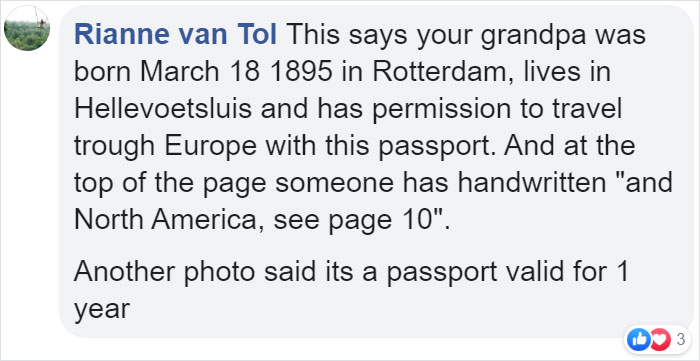
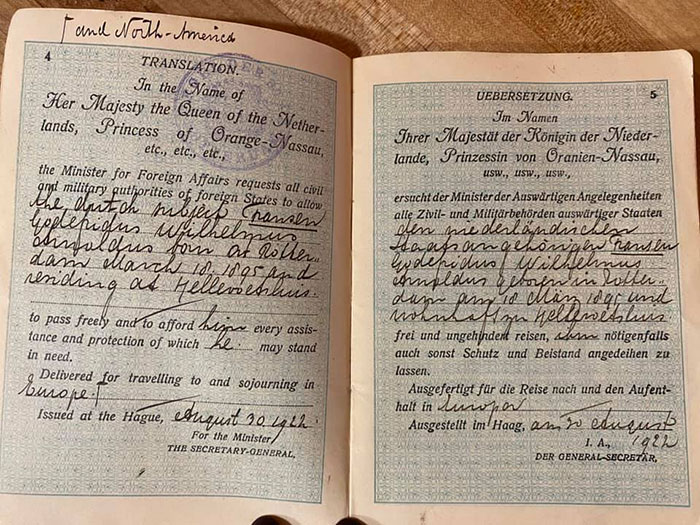
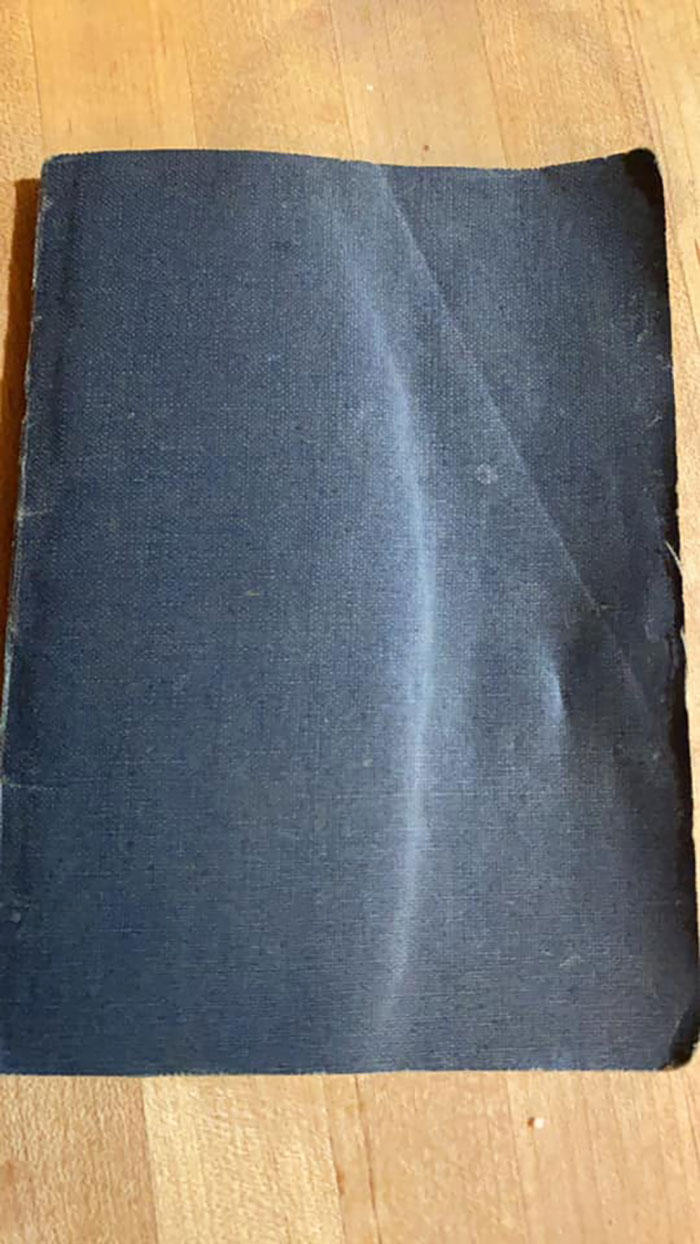



132
25